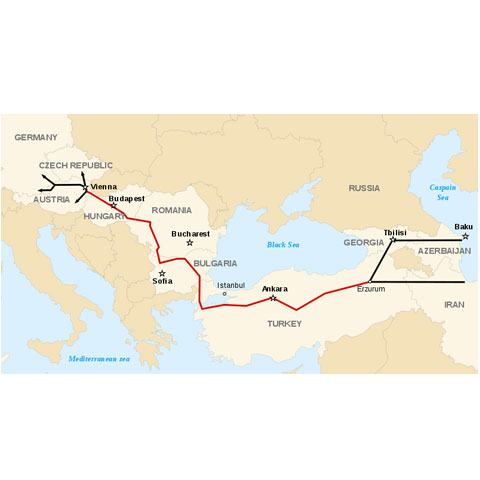The commissioner said that South Stream will be an additional gas route for Europe after its construction, which is a good thing in the context of a limited number of gas pipelines that makes Europe vulnerable.
Piebalgs underlined that the technical support Romania grants for the construction of South Stream does not peril the European project Nabucco in any way.
In what Nabucco is concerned, the commissioner said that the technical negotiations, to which Romania took part, are over and they are very close to inking an intergovernmental agreement until the end of June or the beginning of July.
World’s largest gas producer Gazprom solicited Romania for technical support in carrying works for South Stream pipeline, support which the Economy Ministry is willing to grant, according to a release from the ministry.
Romanian economy minister told NewsIn last month that the deal inked in Moscow with Gazprom representatives includes neither Romania’s participation in the South Stream pipeline, nor the renouncing of the main objective, Nabucco pipeline.
The South Stream pipeline will be constructed by Gazprom and Italian group ENI and link Russia with Italy by crossing Bulgaria and Greece and then with Austria by passing Bulgaria and Serbia. The project is estimated around 14 billion U.S. dollars.
The Nabucco consortium consists of Austria's OMV, Germany's RWE, Turkey's Botas, Bulgaria's Bulgargaz and Romania's Transgaz. Works should start in 2010.
The Nabucco operators target to build 3,300 kilometers of pipeline to transport 31 billion cubic meters of natural gas. The Nabucco project consists of a gas transportation pipeline traversing the Middle East and Asia to EU countries.


